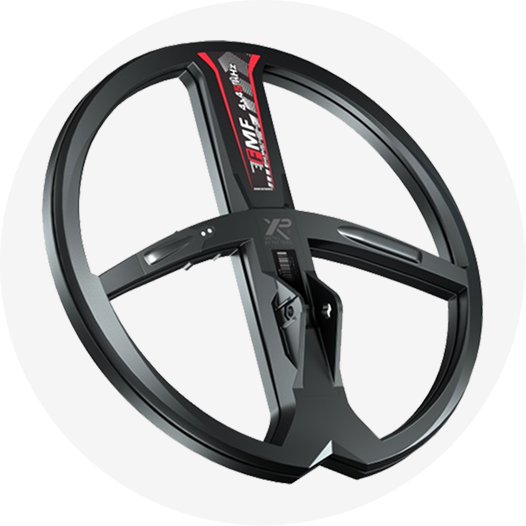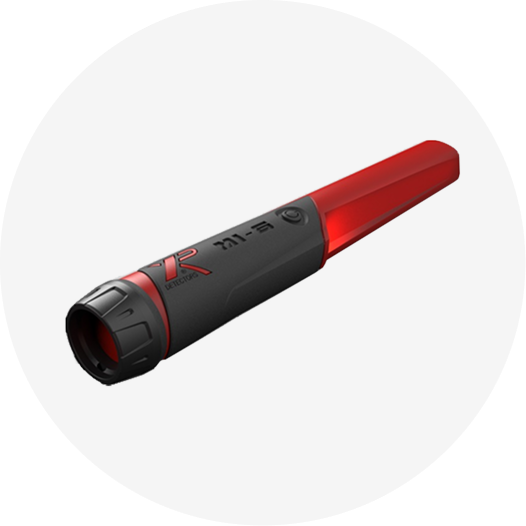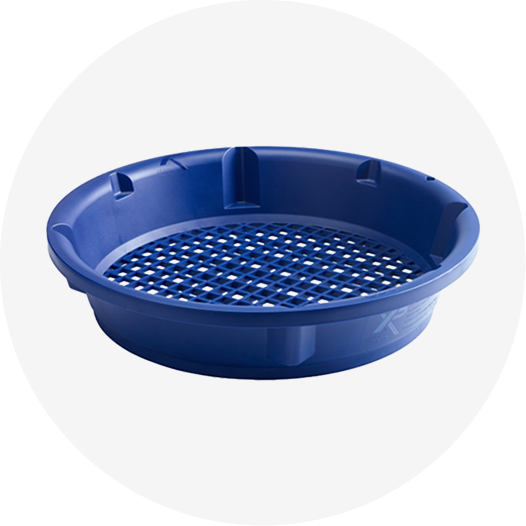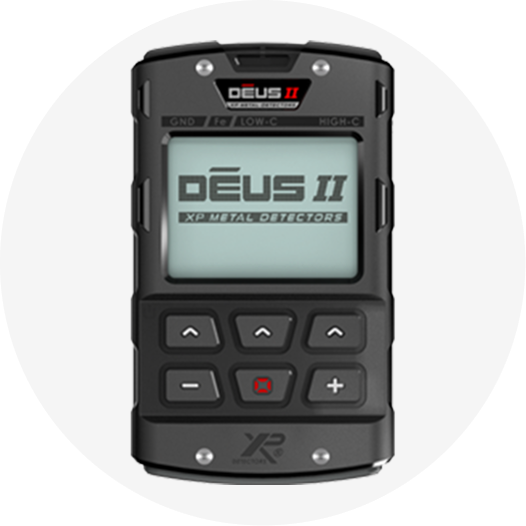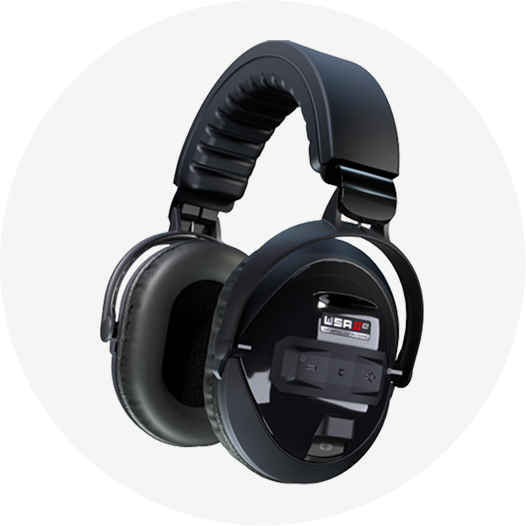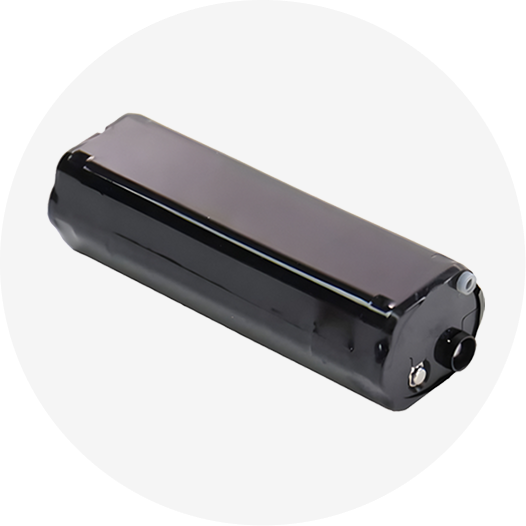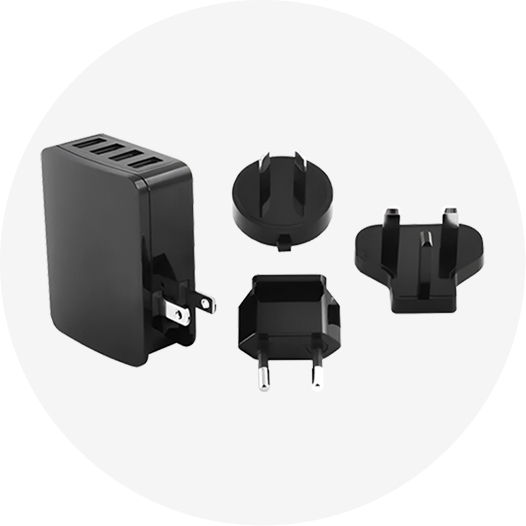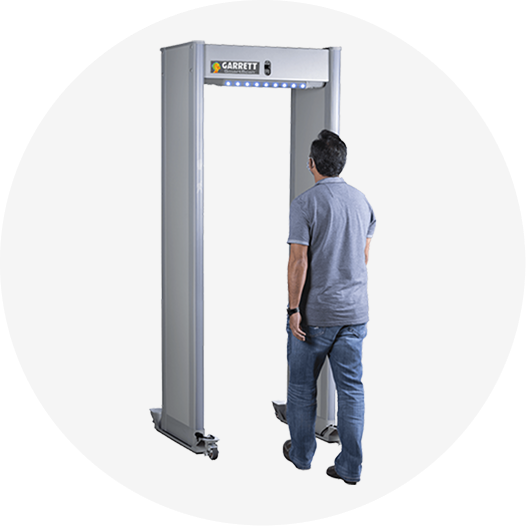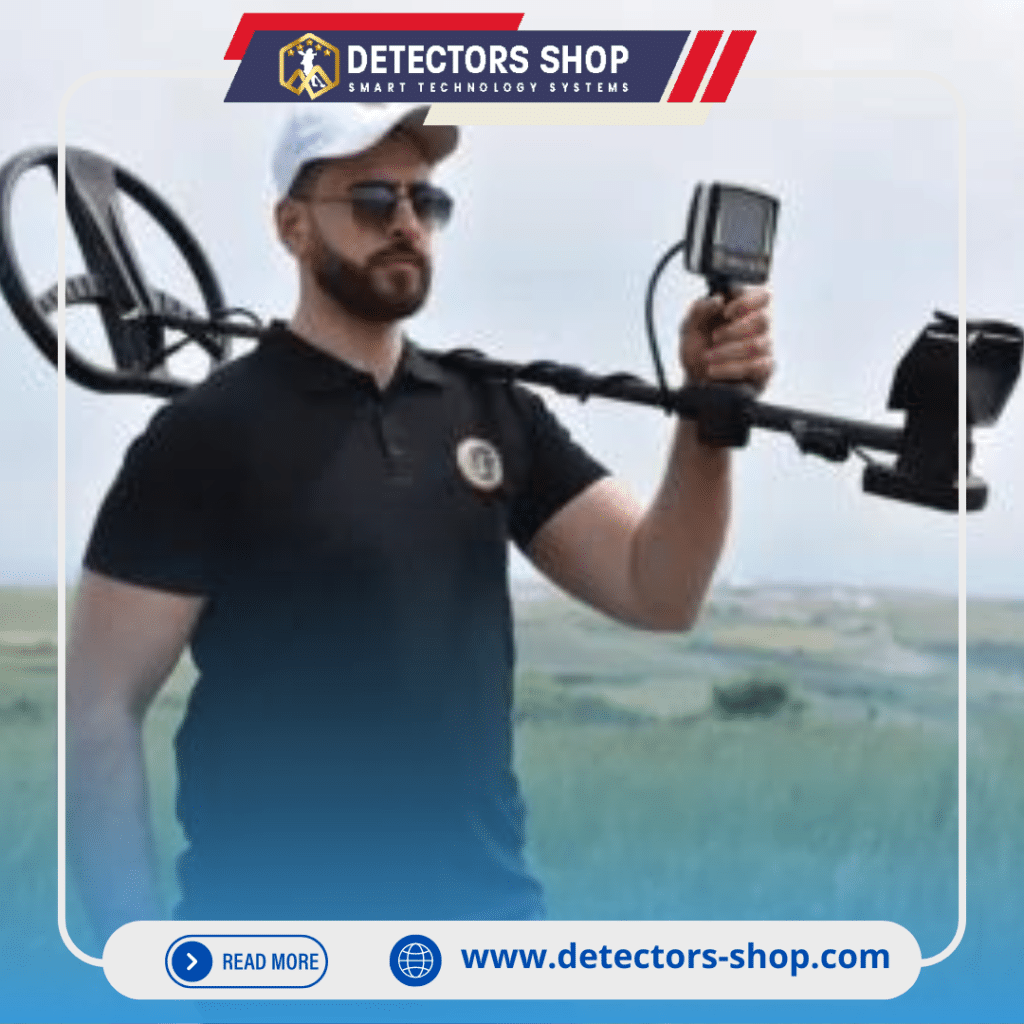How to Use Gold Detectors Effectively and Avoid Common Mistakes
Gold detectors have become increasingly popular among treasure hunters and hobbyists alike, offering the thrill of uncovering hidden treasures and the potential for financial rewards. However, mastering the art of gold detection requires a combination of knowledge, skill, and practice. To help you embark on your gold prospecting journey successfully, here’s a comprehensive guide on how to use gold detectors effectively and avoid common mistakes:
1. Choose the Right Gold Detector:
The first step towards successful gold detection is selecting the appropriate gold detector for your needs and experience level. Consider factors like:
- Your Prospecting Goals: Are you a beginner seeking basic gold detection or an experienced prospector aiming for deep-buried treasures?
- The Terrain: Will you be exploring mineralized soils, rocky landscapes, or underwater environments?
- Your Budget: Gold detectors range in price from affordable entry-level models to high-end professional devices.
2. Familiarize Yourself with the Device:
Once you’ve chosen your gold detector, take the time to thoroughly understand its features, controls, and operation. Carefully read the user manual and practice using the device in a familiar setting before venturing into the field.
3. Learn the Search Techniques:
Effective gold detection involves proper search techniques. Practice sweeping the detector coil in a consistent and methodical manner, maintaining a steady pace and ensuring proper ground coverage.
4. Adjust the Settings:
Most gold detectors offer a range of adjustable settings that can optimize performance for specific conditions. Familiarize yourself with these settings and learn to adjust them based on the terrain, mineralization levels, and desired target discrimination.
5. Digging and Recovery:
When you detect a potential target, pinpoint its location accurately using the detector’s pinpointing function. Use a suitable digging tool to carefully extract the target, minimizing disturbance to the surrounding soil.
Common Mistakes to Avoid:
- Rushing the Process: Take your time, sweep carefully, and don’t overlook areas.
- Ignoring Ground Signals: Learn to interpret different ground signals to avoid digging false targets.
- Digging Too Deep: Pinpoint accurately and dig only the depth necessary to retrieve the target.
- Leaving Trash Behind: Properly fill in all holes and dispose of trash responsibly.
- Prospecting in Prohibited Areas: Respect private property and follow local regulations.
Types of Gold Detectors:
- Very Low Frequency (VLF) Detectors: Most common type, suitable for general prospecting in various terrains.
- Pulse Induction (PI) Detectors: Excel in highly conductive soils and underwater environments.
- Zero-Discrimination (Zero-Disc) Detectors: Detect all metals without discrimination, useful for identifying specific targets later.
- Multi-Frequency Detectors: Operate on multiple frequencies, offering versatility in various conditions.
- Imaging Detectors: Produce 3D images of the ground, aiding in target identification and depth estimation.
Remember, successful gold detection is a combination of patience, perseverance, and the right tools. With practice and knowledge, you can increase your chances of uncovering hidden treasures and enjoying the thrill of gold prospecting.
Mistakes Beginners Make When Using Metal Detectors and Gold Detectors
Introduction
Metal detectors and gold detectors have become increasingly popular among treasure hunters and hobbyists alike. However, mastering the art of metal detection requires a combination of knowledge, skill, and practice. Beginners often make common mistakes that can hinder their success. This guide will highlight some of these mistakes and provide tips on how to avoid them.
Common Mistakes
- Not Reading the User Manual:
Failing to read the user manual is a common mistake among beginners. The manual contains essential information on operating the device, adjusting settings, and using it effectively. Familiarize yourself with the concepts, controls, and techniques before venturing into the field.
- Not Calibrating the Device Properly:
Neglecting proper calibration is another common error. Beginners should calibrate the device before starting their search. The calibration process varies from one device to another, so follow the instructions in the user manual.
- Failing to Practice Discrimination:
Beginners may overlook the discrimination feature, leading to the detection of numerous unwanted targets like small metal pieces or trash. Many metal detectors offer discrimination settings to identify specific targets later. Practice recognizing different signals and alerts for desired targets.
- Not Utilizing Additional Tools:
Additional tools like scoops and accessories can enhance the device’s performance and increase the chances of finding metals. Research tools compatible with your device and use them correctly according to the instructions.
- Lack of Practice and Experience:
Beginners may expect immediate and accurate results from their metal detector. In reality, developing metal detecting skills requires practice and experience. Explore suitable search areas and experiment with different settings and techniques to improve your abilities.
How to Avoid Mistakes
- Read and Understand the User Manual:
Before using the device, thoroughly read and understand the user manual. It contains crucial information on operating the device, adjusting settings, and search techniques. Learn how to adjust settings and interpret signals and alerts correctly.
- Learn the Technical Details:
Understand the terms and concepts related to metal detectors, such as frequency, conductivity, and discrimination systems. Grasping these details will enable you to set up the device appropriately, identify desired targets, and avoid unwanted ones.
- Calibrate the Device Correctly:
Before starting the metal search, ensure the device is calibrated properly according to the manufacturer’s instructions. The calibration process differs from one device to another, so follow the steps carefully and be aware of environmental factors affecting calibration.
- Practice and Experience:
Regularly practice and gain experience using the device. Search in various environments and terrains, and learn how the device responds to different targets. You can also improve your skills by attending training courses or seeking guidance from experienced professionals.
- Know Potential Targets and Depths:
Understand the types of targets the device can detect and the depths it can reach. Learn the signal and alert patterns indicating the presence of metal and how to differentiate between different targets.
- Search Suitable Areas:
Identify appropriate areas for metal detecting, such as historical sites or mineral-rich natural areas. Obtain permits and seek permission to enter public or private lands before starting your search.
- Avoid Random Digging:
Before digging, pinpoint the target’s location and use additional tools like scoops or pinpointers to narrow down the area. Avoid random digging, which can damage the site or waste time on unwanted targets.
- Listen to the Device and Respond to Alerts:
Pay close attention to the audio or visual signals emitted by the device and respond accordingly. Learn the pattern of alerts and their meanings, and don’t ignore or dismiss any alert that might indicate the presence of metal.
- Seek Guidance from Experts:
Don’t hesitate to ask questions and seek advice from experienced metal detectorists and professionals. Utilize their knowledge, tips, and experiences to enhance your skills and avoid common mistakes.
By following these tips, you can effectively avoid common mistakes when using metal detectors and gold detectors, improving your chances of success and uncovering hidden treasures. Remember that consistency and regular practice will help you refine your skills and gain valuable experience in the field of metal detecting.
Additional Resources
For more information and to learn more about the types of metal detectors and gold detectors available, visit the following websites:
- Detectors Shop: https://detectors-shop.com/
Conclusion
Mastering the art of metal detecting requires dedication, practice, and the right tools. By avoiding common mistakes, following the provided tips, and utilizing additional resources, you can embark on













